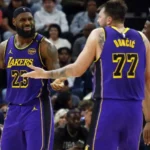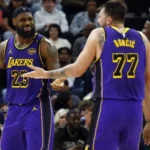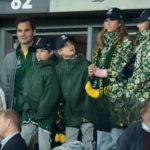
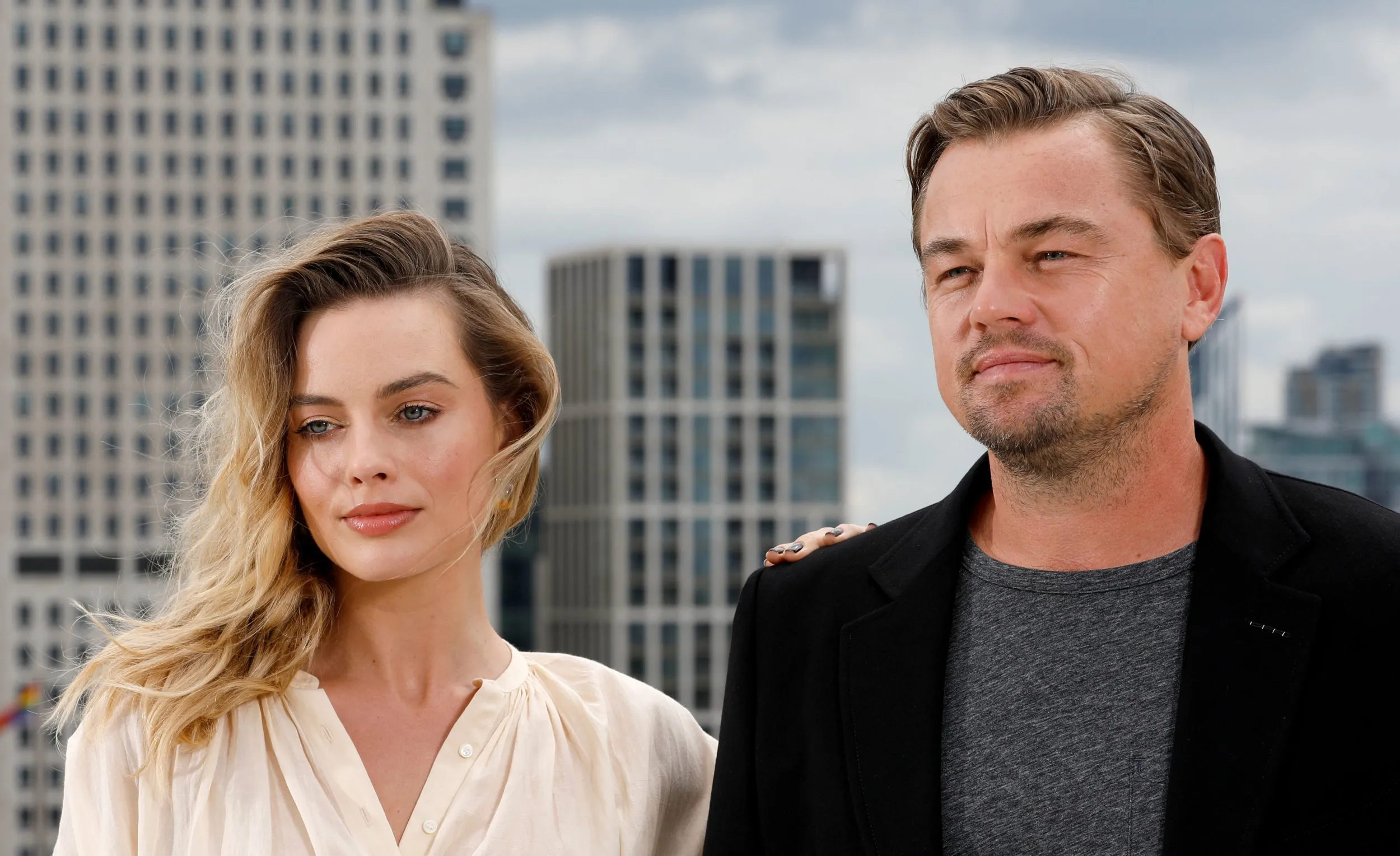
The Line That Was Never Meant to Happen And It Made Margot Robbie a Star
When people think of Margot Robbie’s greatest roles, there’s no ignoring her breakthrough performance in Martin Scorsese’s The Wolf Of Wall Street. Her role as Naomi Lapaglia opposite Leonardo DiCaprio’s Jordan Belfort marked a turning point in her career and remains one of the most memorable debuts in modern cinema. Among the many scenes that make that film unforgettable, there’s one line so unexpected — so spontaneously brilliant — that it wasn’t even in the scripted dialogue. And yet, it became part of the movie’s lore. That line is “Who? Who? What are you a fucking owl?” — a moment of improvisation that highlights how film magic sometimes comes from the most unlikely sources.
Early Career and the Making of The Wolf Of Wall Street
Margot Robbie, born in Australia, moved into major Hollywood territory in 2013 when The Wolf Of Wall Street was released. Directed by Martin Scorsese, the film features Robbie opposite Leonardo DiCaprio, with Jonah Hill, Kyle Chandler, and others in strong supporting roles. It was the first big‑screen role for Robbie of such scale, playing Naomi Lapaglia, a character who matches wit and presence with DiCaprio’s chaotic energy. Before this film, Robbie had worked in smaller productions and in Australian television, but nothing quite matched the scope or intensity of her performance in this Scorsese film.
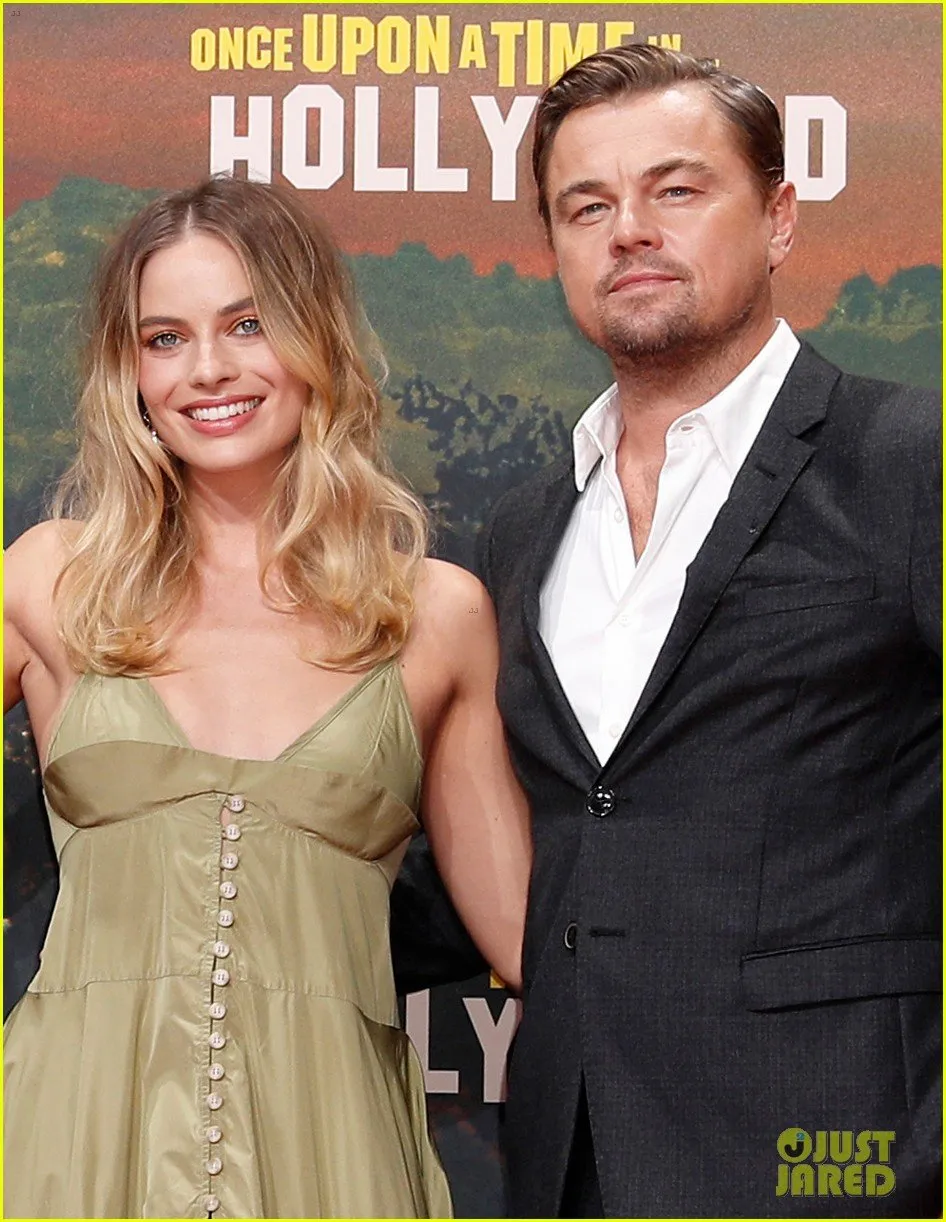
The Famous Improvised Line: Where It Came From
While speaking with Vogue, Margot Robbie shared the backstory of one of the most quoted lines in The Wolf Of Wall Street. During one of the filming days, Leo’s friend (a visitor on set) watched the crew rehearse or shoot the scene in which Jordan Belfort questions Naomi Lapaglia. The friend made a spontaneous suggestion: after the line “Who’s Venice?”, Robbie’s character should respond with something unexpected and sharp — “Who? Who? What are you a fucking owl?”.
Robbie recalls that in that moment she said, “Oh yeah, great idea”. Cameras were rolling. She delivered the line. And it stayed in the film. It wasn’t written in the script; it was improvisation. Yet it became one of the film’s defining moments, showing Robbie’s instinct, fearlessness, and ability to seize opportunity even when it wasn’t planned.
Why That Moment Resonates
There are several reasons that this improvised line has stuck in the minds of viewers well after the film’s premiere:
-
It breaks tension with humor. The Wolf Of Wall Street is a fast‑paced, high‑octane film full of excess, conflict, moral ambiguity, and chaotic energy. That moment of unexpected citrusy humor gives viewers a tiny release.
-
It showcases Naomi Lapaglia’s character not simply as an accessory, but as someone sharp, brash, willing to push back. Robbie doesn’t just smile or look pretty; she challenges, she surprises. That line lends strength to her presence in scenes, balancing DiCaprio’s fiery domination.
-
It highlights Margot Robbie’s ability to act in the moment. Acting alongside someone of DiCaprio’s stature under Scorsese’s direction is no small feat. To respond spontaneously, knowing the cameras are on, shows confidence and craft.
Because of those reasons, that line is repeatedly quoted among fans, referenced in discussions of the film’s best moments, and remembered years later as one of the many small but powerful sparks that gave The Wolf Of Wall Street its irreplaceable texture.
Script vs. Spontaneity: How Films Balance Both
In the world of major cinema, scripts are meticulously constructed. Dialogue, pacing, scenes, camera angles, tone — all planned. But film sets are also alive. There are breaks between takes. Moments of rest. Observers. Colleagues. Friends. Sometimes, these gaps yield ideas. Sometimes, someone not listed in the writing credits whispers something that changes a scene forever.
In this case, Margot Robbie was open to the suggestion of Leonardo DiCaprio’s friend. The film allowed room for spontaneity. The director, Scorsese, allowed moments to breathe. Robbie allowed herself to trust the idea. The result is a blend of scripted tension and human reaction that makes the line feel entirely organic, even though it was improvised.
Casting, Audition, and Early Risks
Before The Wolf Of Wall Street, Margot Robbie auditioned with less expectation. She submitted a tape. She didn’t assume that a director like Scorsese would actually see it. But she did, and she was asked to read alongside DiCaprio. That audition process itself was intense, demanding not just talent but vulnerability.
At around age 22, Robbie took significant risks early in her career: accepting scenes with moral and performative complexity, allowing character edges to show, and embracing roles that demanded discomfort. Those experiences must have helped when the moment for the improv arrived, because she was already practicing trust and risk.
After the Owl Line: What It Meant for Robbie’s Career
Following The Wolf Of Wall Street, Margot Robbie’s career trajectory has continued upward and outward. She has starred in Suicide Squad (2016), Once Upon A Time In Hollywood (2019), Barbie (2023), and in 2025, A Big Bold Beautiful Journey. She has also expanded her role in the industry as a producer. Each film shows a different side of her range: action, drama, comedy, period pieces, satire.
The owl line moment is often revisited in interviews and retrospectives. It becomes one of those small legends in her biography: how an actress new to big‑studio films could, in a moment of spontaneity, create a flicker of film magic that still resonates. It underscores her risk‑taking nature, and shows how she listens on set—not just to direction, but to the energy in the room.
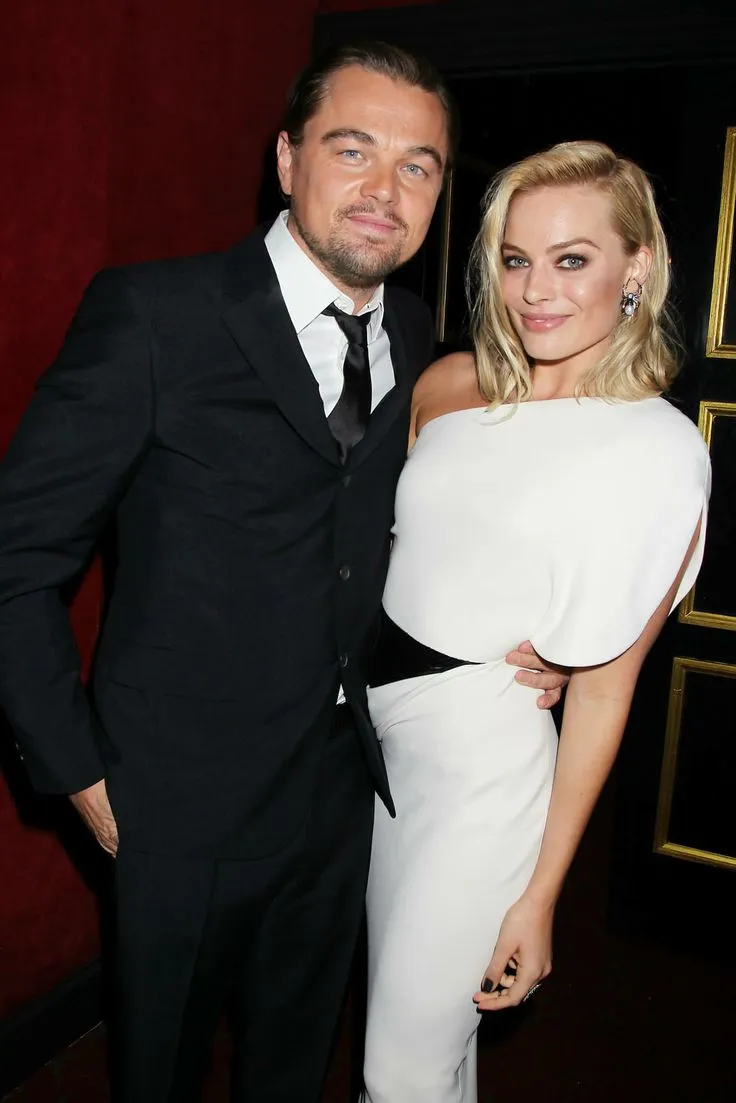
Fan Memory, Quotes, and Legacy
Years after the film’s release, fans still quote “Who? Who? What are you a fucking owl?”. It appears in memes, in online threads, in conversations about humor in films, about character agency, about moments that are unscripted. It stands alongside other iconic lines from cinema — not because it’s the flashiest, or the climactic, but because it’s unexpected, character revealing, memorable.
When people compile lists of Margot Robbie’s finest moments, this improv often makes the cut. It’s brought up when fans and critics talk about how Wolf Of Wall Street used sharp dialogue, strong chemistry, bursts of improvisation, and risk to make something more alive than a standard “scripted film.”
What It Says About Filmmaking
This moment is a reminder: even in large‑scale films directed by heavyweights like Scorsese, with stars like DiCaprio, there’s room for unplanned creativity. Scripts matter. Direction matters. But what often distinguishes a movie that feels alive is when production allows space for actors to respond in unscripted ways. When the set feels collaborative. When ideas are respected even when they don’t come from the expected source.
For Robbie, it meant that she was already thinking not just as an actress reading lines, but as one who understands mood, timing, character opposition, humor, tension. That preparedness matters. The moment might have seemed small, but it required readiness.
Conclusion: A Small Moment, Big Impact
That spontaneous line — “Who? Who? What are you a fucking owl?” — shows how film is sometimes better than the sum of its parts. That improvisation, that spark, helped give The Wolf Of Wall Street not only a quotable joke, but a moment of character richness, tone shift, laughter, memory.
For Margot Robbie, this moment has become part of her legacy: a symbol of early fearless creativity, presence, instinct. Even now, with A Big Bold Beautiful Journey in theaters and many more roles ahead, the owl line remains a reminder that sometimes what makes movies memorable is the courage to follow a weird idea mid‑scene.
It’s cinema’s little surprise — unscripted, unexpected, unforgettable.

